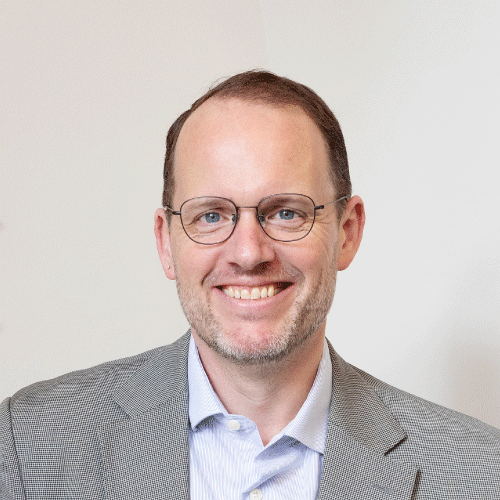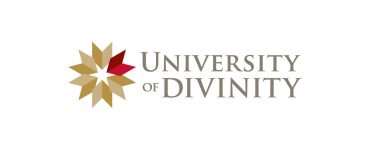During 2020 we have all begun to learn a great deal about the human condition, individually and collectively, locally and globally. The COVID-19 crisis has stripped away many of the protective filters through which we see ourselves and each other. Our deepest truths have come to the surface as we have been suddenly forced to change the way we live, as we have collectively faced death and destitution.
Much attention in recent weeks has naturally focussed on the devastating impact of COVID-19 on the United States of America, with over a million cases recorded to date comprising one-third of the world’s total. Aspects of leadership at the federal level have revealed some of the most damaging aspects of neoliberal capitalism in all its horror: individual desire taking precedent over community benefit, ill-considered reaction displacing evidenced-based thinking, the highest bidder trumping the greatest need. And yet the US Constitution famously begins “We, the People”: is this statement, a political theology, still true for the USA or for anyone else?
It is easy to think that the vision of earlier generations – “We” – has given way to “I”. It is easy to believe that the sins of greed and selfishness, things we raise our children to believe are wrong, have triumphed. Yet in the USA, here in Australia, and around the world, there are millions of reasons to think that the communitarian vision of “We, the People” is very much alive. This is most obvious in the incredible dedication of health workers, but also in the collaborative efforts of governments, businesses, households, churches and neighbourhoods to do what is right to save the most lives, to feed the hungry, tend the sick, and love the stranger in our midst.
Christianity is often misconstrued when it comes to putting the “We” before the “I”. The concept “do unto others as you would have them do unto you” is often represented as a profit-and-loss statement, “be nice, so others will be nice to you”. But as the parable of the Good Samaritan illustrates, the point is actually to serve others as an end in and of itself, without a return on the investment. The earliest Christian community portrayed in the Acts of the Apostles put such a high premium on the “We” that all possessions were to be given away or shared, a standard still reflected today in the commitment of poverty and hospitality upheld by many religious orders.
At the University of Divinity, our vision statement begins with the word “Together”, a word that stands for this ideal of partnership, collaboration and collective action. This ideal is expressed in the University’s collegiate structure and in our Graduate Attributes. It continues to shape our response to COVID-19. And so, as we begin to adjust to our strangely altered reality, the University is collectively pursuing three new actions.
First is a strategic initiative, led by our College Principals, to identify deeper forms of collaboration. Together, we want to improve our research, education and engagement through cooperation across differences of belief, culture and behaviour. This includes ecumenical collaboration, that looks outwards to the needs of the world and forwards to the future.
Second is a new taskforce, to address the future ramifications of COVID-19 for church and society. Together, we aim to bring our theological scholarship, our professional expertise and our passion for justice to provide thought leadership for churches and all who seek to discern what the present means and what the future church is called to be. How can we become, and assist others to become, agents of compassion and transformation?
Third is, naturally, developing a plan for the short term. As it becomes possible to ease the lockdown here in Australia, what activities may resume and what will need to evolve? How may we pursue the best outcomes for our staff, students, graduates and sponsors, to support the common good in and well beyond the University?
I’ll be saying more about these initiatives in coming weeks and months. In the meantime, I encourage you to continue to support your households and neighbours, staff and students, friends and strangers, and to find tangible ways, together, to express God’s love for us all.

Emeritus Professor Peter Sherlock was the Foundation Vice-Chancellor of the University of Divinity from 2012-2024. He is a cultural and religious historian of Renaissance and Reformation Europe and an expert on governance and leadership in educational and church settings. A graduate of the University of Melbourne and the University of Oxford, his academic career has included an ARC Postdoctoral Fellowship in History at the University of Melbourne and four years as Dean of the United Faculty of Theology, Melbourne.






Add comment